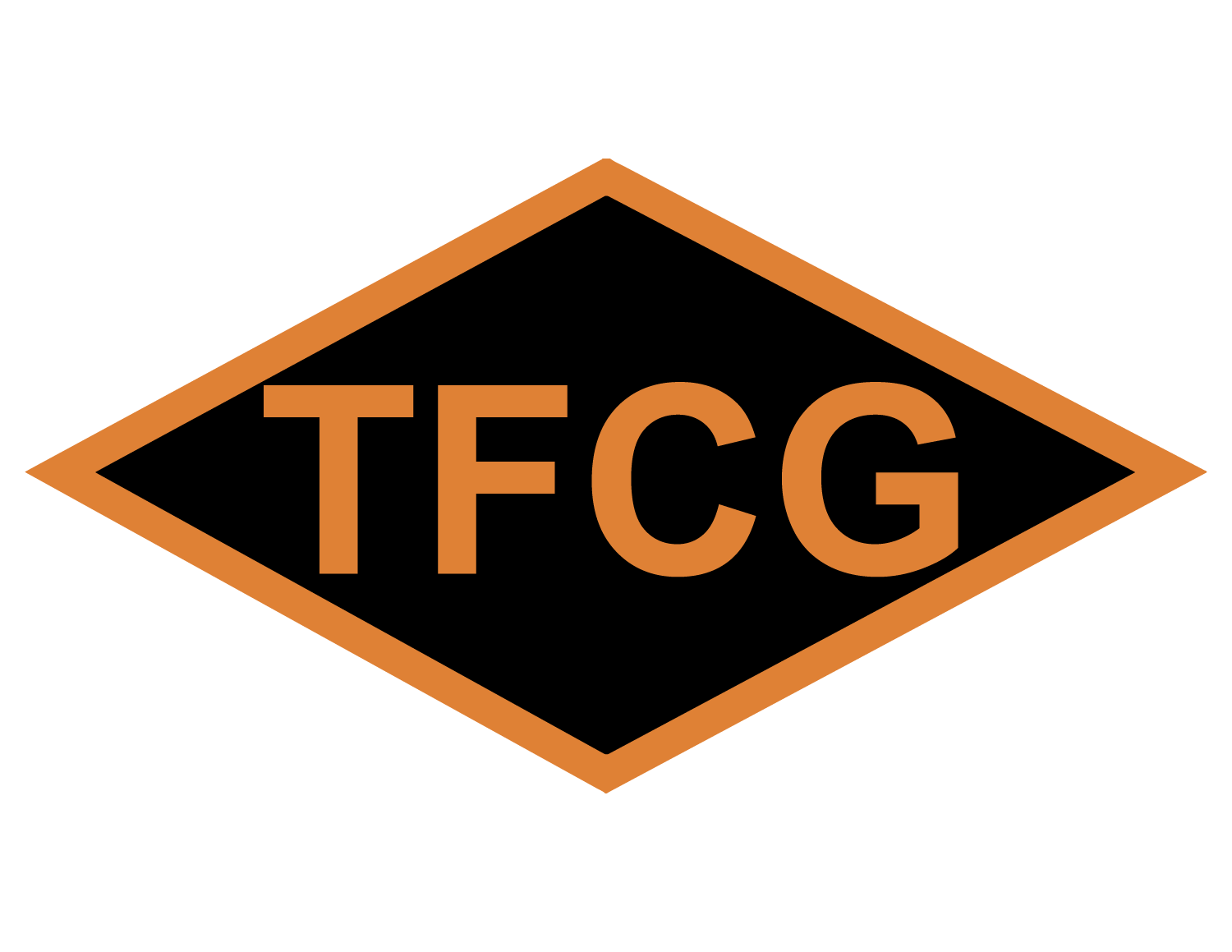Followership and the Vuelta 2021 (#156)
In bicycle racing, a domestique is a rider who works for the benefit of their team and leader, rather than trying to win the race. In French, domestique basically translates as "servant.” The use of the term dates back to 1911, when it was used in the newspaper L’Auto to talk derisively about a rider pacing another rider. The domestique is valued in cycling due to the advantages of aerodynamics — the person at the front of the peloton works hard to make the group go fast while those in the back don’t work as much. A domestique is a great follower.
Barbara Kellerman’s excellent book Followership is worth reading to expand your perspective on followers. Her definitions are useful: “Followers… [are] subordinates who have less power, authority, and influence than do their superiors. Similarly, I define followership as the relationship between a subordinate and a superior, as well as the response of the former to the latter.” She goes on to add that good followers contribute to an organization, support good leaders, and oppose bad leaders. For every great leader, there needs to be a great group of followers that help and assist her to achieve the goals of the organization.
The Vuelta a Espana wrapped up on September 5, 2021. The Vuelta is bicycle racing’s third grand tour (three weeks of racing) in Spain (similar to the Tour de France). One of the best domestiques in cycling in 2021 was an American, Sepp Kuss, from Durango, Colorado who was part of Team Jumbo-Visma. Jumbo-Visma’s leader, Primoz Roglic, won the Time Trial at the Olympics, won the Basque Country (a six day stage race), and took 1st at the Vuelta. Jumbo-Visma’s and Roglic’s success was due in large parts to Kuss’s role as a domestique — Kuss protected Roglic from attacks from other strong riders as well as paced him up the mountain stages, enabling him to draft and have fresher legs to take stage victories. For the year, Kuss finished in 8th place at the Vuelta and won a stage at the Tour de France.
There are six qualities of a great follower (see Post #64 for more) — competence, work ethic, judgement, initiative, loyalty, and ego management. Sepp Kuss, as Team Jumbo-Visma’s domestique, exhibited all the qualities of a great follower:
Competence — Sepp is an incredible strong climber. He took 2nd place on Stage 17 of the Vuelta, an extremely hard mountain stage.
Work ethic — Kuss’s hard work on the mountain stages put Roglic in a position to win.
Judgement — Sepp listened to the team director (Addy Engels) and followed his instructions which helped the team and Roglic succeed.
Initiative — Sometimes, rather than pacing Roglic up the mountain, Kuss would attack, forcing the other riders to expend precious energy to keep him from winning the stage. Once they were burnt out trying to keep up with Sepp, Roglic could ride free to the victory.
Loyalty — Kuss was loyal to Team Jumbo-Visma’s goal of having Roglic win. Whether he was needed to attack or protect Roglic, he was loyal to the team and its goals.
Ego management — Sepp Kuss subordinated his desire to win for the greater good of the team.
Think about the domestiques in your organization. Who are the people that put in the hard work to make the team successful? What can be done to make them even more effective? How can you help them continue to develop the six qualities of a great follower?
Building great followers takes hard work and effort. Go on the offense to use innovative ways to develop the competence, work ethic, judgement, initiative, loyalty, and ego management of your followers, just like Sepp Kuss. Keep building your team during the remainder of 2021 and on into 2022.

